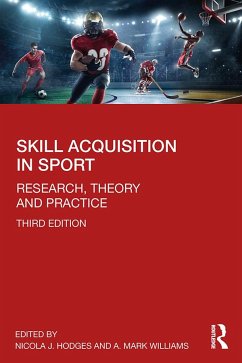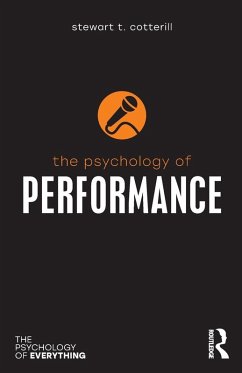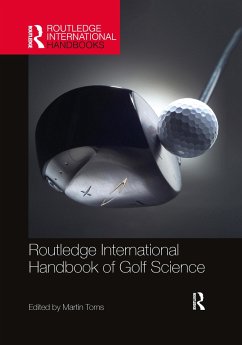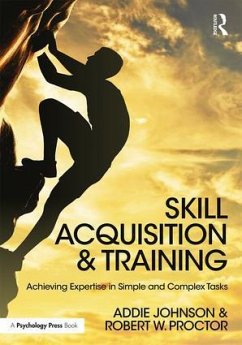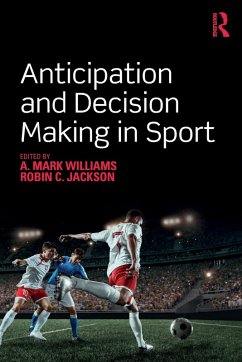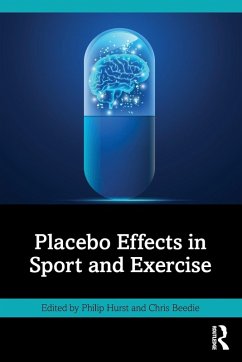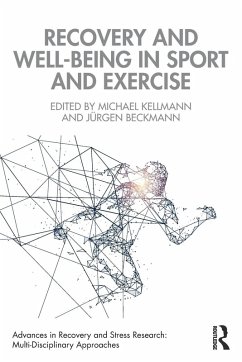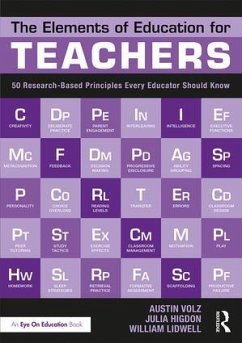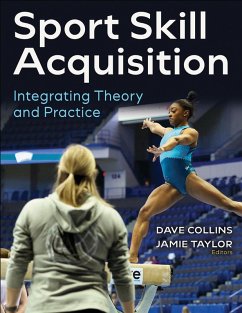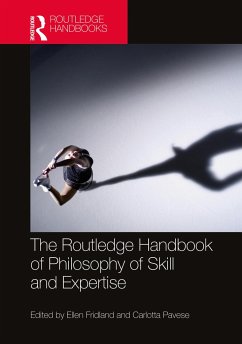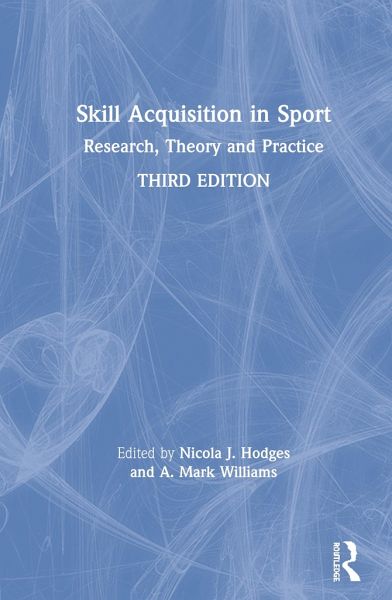
Skill Acquisition in Sport
Research, Theory and Practice
Herausgeber: Hodges, Nicola J.; Williams, A. Mark
Versandkostenfrei!
Versandfertig in 1-2 Wochen
227,99 €
inkl. MwSt.
Weitere Ausgaben:

PAYBACK Punkte
114 °P sammeln!
Skill Acquisition in Sport gives students, coaches and practitioners the broadest and most scientifically rigorous grounding in the principles and practice of the discipline. Fully revised and restructured, the third edition integrates theory and practice, and provides more material on practical application than ever before.




